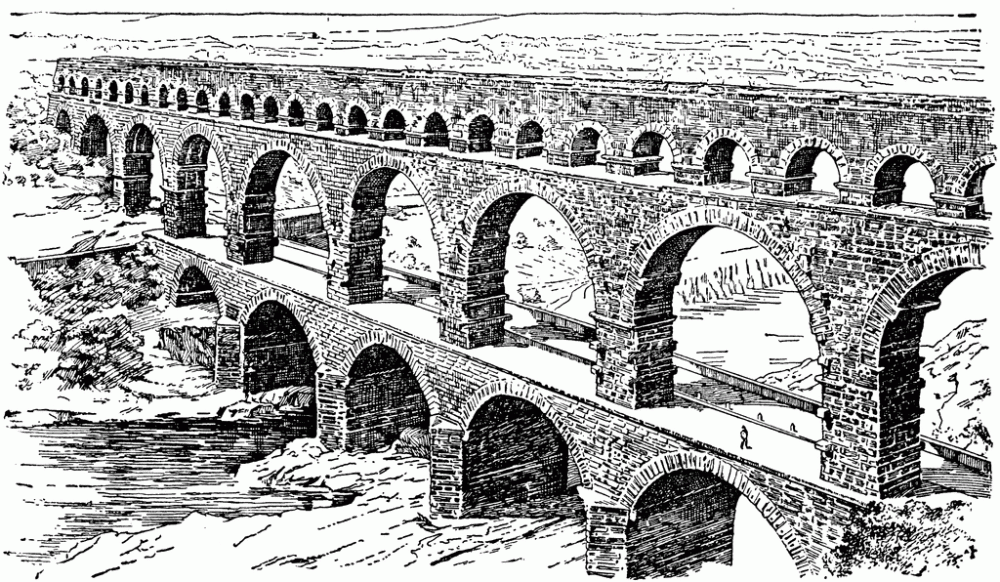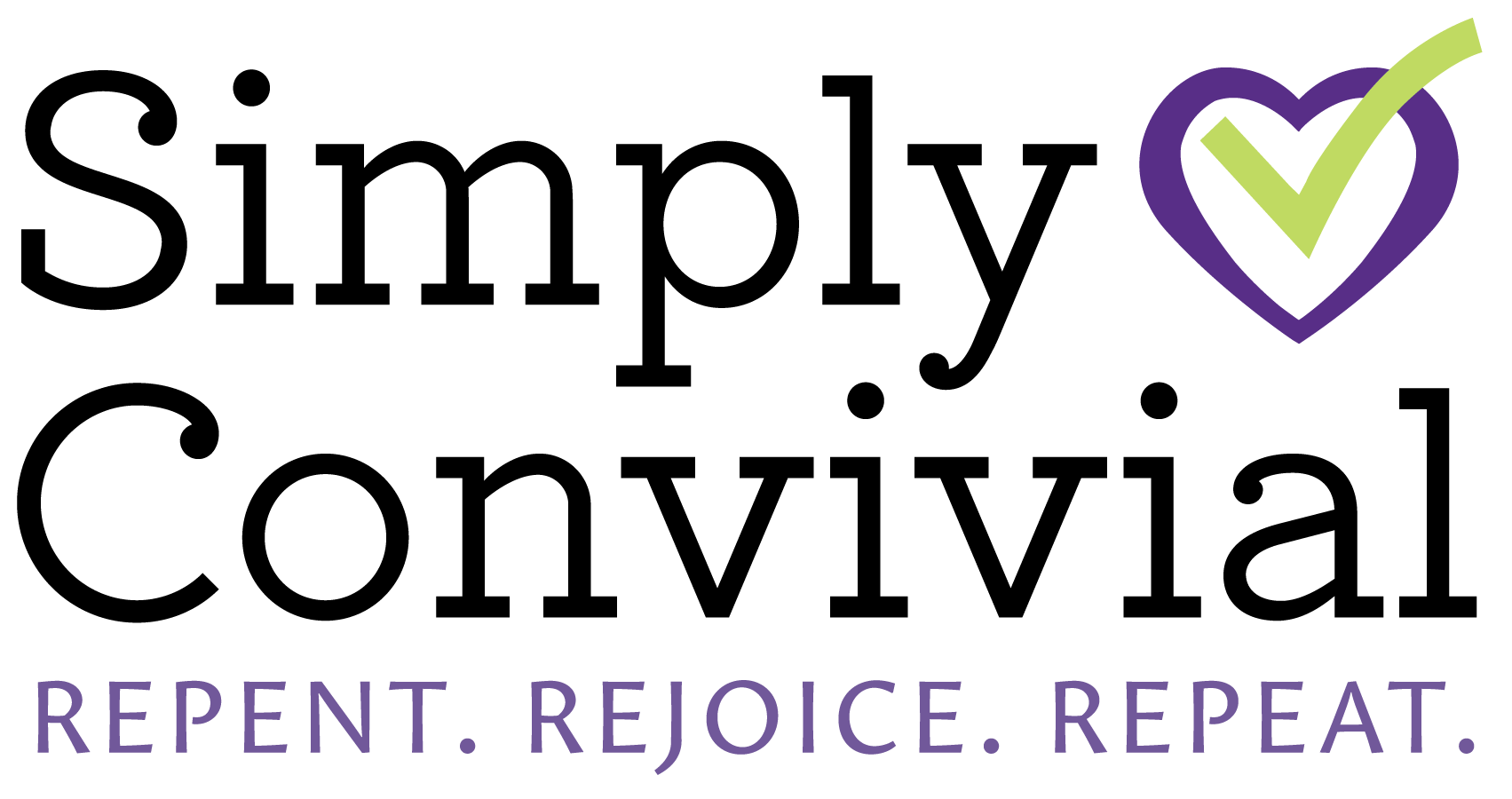Principles of Classical Education“Education is properly understood as the care and perfection of the soul. Excellence (arete) is not primarily excellence of skill but excellence of virtue.” ~ Richard Gamble, The Great TraditionSTART HERE!Watch this video featuring Martin Cothran, which provides an excellent, concise definition and overview of classical education principles.
|
|
An Introduction to Classical Education, by Christopher Perrin. |
|
The Classics and the Traditional Liberal Arts Curriculum, |
Why Require Latin?
“Four years of high-school Latin would dramatically arrest the decline in American education… Nothing so enriches the vocabulary, so instructs about English grammar and syntax, so creates a discipline of the mind, an elegance of expression, and serves as a gateway to the thinking and values of Western civilization as mastery of a page of Virgil or Livy (except perhaps Sophocles’ Antigone in Greek or Thucydides’ dialogue at Melos).” ~ Victor Davis Hanson
 Three Reasons to Study Latin by Martin Cothran
Three Reasons to Study Latin by Martin Cothran- Why Latin? at The Latin Programme. Especially interesting – the reasons struggling learners should study Latin!
- Why Study Latin? A Latin Response at Inside Classical Ed – watch this outstanding video by a calculus and Latin teacher. Note especially what he says about how Latin helps prepare students for science and computer programming.
|
|
|
|
“The word scholé (pronounced skoh-LAY) comes from a Greek word that means “restful learning,” with the connotation of “contemplation,” “conversation,” and “reflection.” Ironically, it is also the basis for our English word school, which no longer holds for us these restful connotations. At Scholé Groups our mission is to pursue deep engagement that results in enjoyable, permanent learning—that is, to put the scholé back into (home) schools. We seek this goal by offering resources and support to a network of homeschooling communities called Scholé Groups.” ~ Scholé Groups website |
Recommended Reading for Parents and Teachers

 .
.  .
.  .
.  . .
. .  .
. 

Classical Education Blogs
RESOURCES
Principles of Classical Education






 What Is Scholé?
What Is Scholé?



